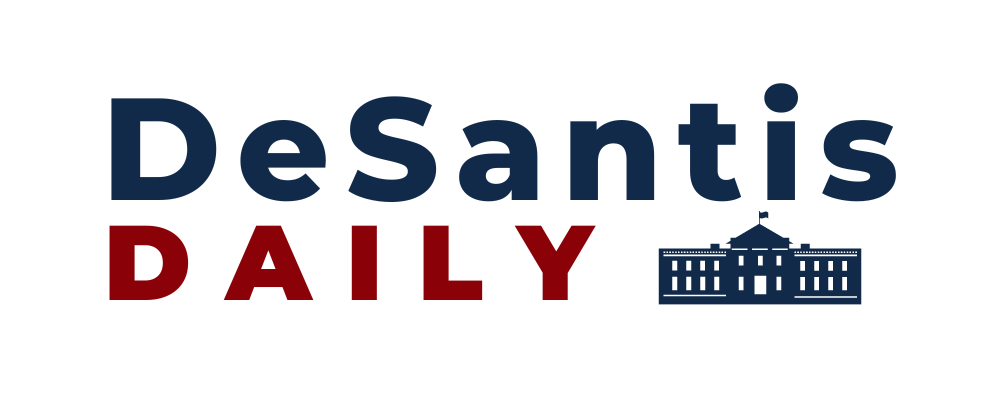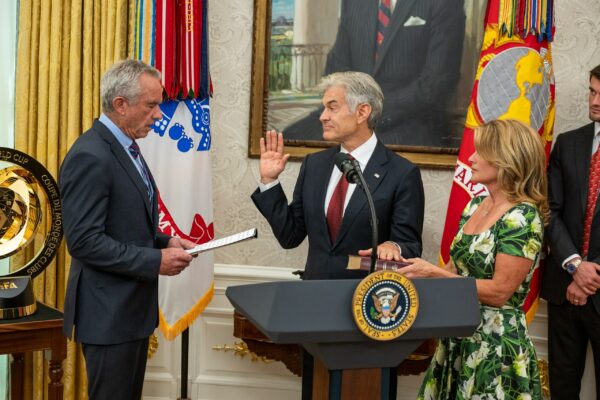Dr. Mehmet Oz, the administrator of the Centers for Medicare and Medicaid Services, reportedly said Sunday that the Trump administration is weighing whether to extend subsidies created under the Affordable Care Act, while emphasizing that any expansion must be paired with a crackdown on widespread abuse in the system.
“There are discussions around extending the subsidies, if we deal with the fraud, waste and abuse that, right now, is paralyzing the system,” Oz told CNN’s Dana Bash on “State of the Union.” His comments signaled a potential recalibration in the administration’s approach to the health-insurance marketplace, where officials argue that layers of intermediaries have introduced opportunities for exploitation.
According to the health policy group KFF, the fraud concerns cited by Oz primarily involve agents, brokers, web brokers and other third parties who enroll individuals in the ACA marketplace. The administration has repeatedly highlighted these intermediaries as a major source of improper enrollment and inflated costs, complicating efforts to evaluate what level of subsidy support is responsible and sustainable.
The ACA subsidies are set to expire at the end of the year and were a central point of contention during the recent 43-day government shutdown. Congressional Republicans pushed to reopen the government before addressing the future of the credits, while most Democrats insisted that an extension be tied to any broader funding agreement. The continuing resolution signed by President Trump on Wednesday did not include a renewal of the expanded subsidies, which were first enacted during the COVID-19 pandemic and later extended under the 2022 Inflation Reduction Act.
Republicans, while divided over the specifics, have signaled some willingness to debate the issue. Senate Majority Leader John Thune has pledged a December vote on an extension in the upper chamber. Meanwhile, House Democrats last week filed a discharge petition in an attempt to force consideration of a three-year extension.
The stakes are high heading into 2026. CMS projects that health-insurance premiums that year will rise to $50 per month—an increase of $13 over current levels—before factoring in the possible expiration of the subsidies. Those subsidies, paid directly to insurance companies, have enabled four in five HealthCare.gov customers to obtain coverage for $10 or less per month in 2024.
The administration has floated an alternative approach. Instead of sending payments to insurers, President Trump has proposed directing financial assistance straight to Americans, an idea conservatives argue would reduce bureaucratic inefficiencies and offer consumers more control over their health-care choices.
Oz, for his part, framed the debate around long-term viability. “The big question is this: How do we insure people, but make it sustainable?” he said.
His remarks reflect a broader tension: how to maintain access to affordable coverage while addressing what the administration describes as systemic vulnerabilities. As lawmakers prepare for another round of negotiations, conservatives appear poised to press for reforms they argue will strengthen the marketplace without allowing the ACA’s temporary pandemic-era expansions to become permanent by default.
[READ MORE: Suspect Arrested After Attack on U.S. Attorney Alina Habba’s Office, Bondi Vows Maximum Penalty]






